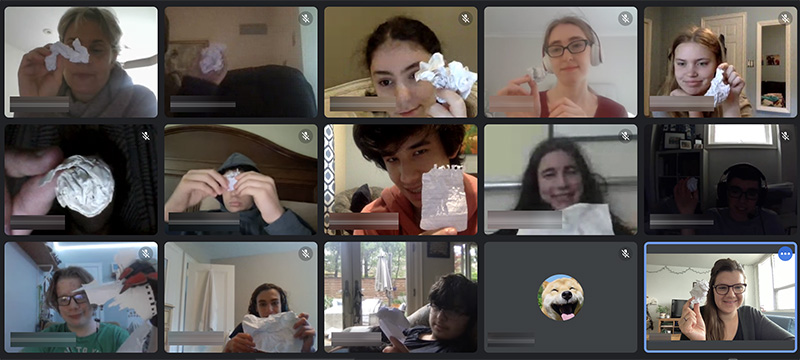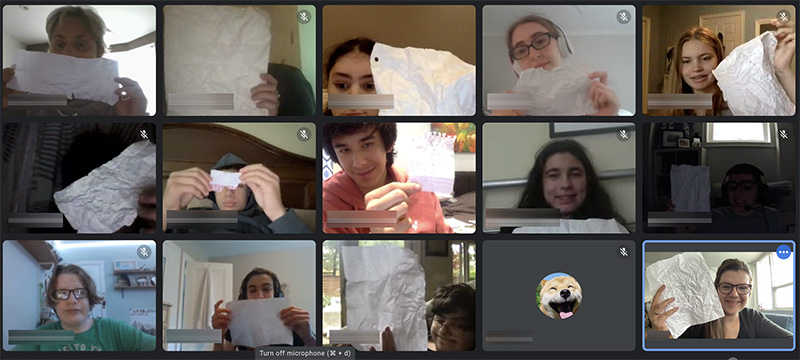Every child under the age of 18 has rights. These are things that allow us to live a full life and allow us to live to our fullest potential. Every child around the world has the same rights!
In our “Dynamics of Human Relationships” class, we learned about the rights and responsibilities of children by studying the UN Convention of the Rights of the Child. Every student chose a right from the Convention and creatively campaigned for it through art, posters, song or video.
This assignment was about celebrating children as active participants in their own lives and in communities, as active citizens who can and should meaningfully contribute to decision-making-being the loudest voice in the crowd!
“I chose Article 31:The Right to Play and Rest. I picked this ‘right’ because I feel like it is very important that we let people have the chance to play and rest and get to experience life in their own way. I think that playing is important because that is how we learn and grow. I wrote a song about my ‘right’ because I really like music and songwriting and it is something that I really enjoy. I feel like it is a good form of self expression and I think that if I write a song then it would be a good way to get the point across.” AB
“I chose Article 38: The Right to Protection And Freedom From War. I chose this right because war is a traumatizing thing to see by young eyes and so I chose it because everybody needs to be protected from hatred. The message I expressed was in a painting. I enjoy painting very much and I decided to put it into a painting. It’s the one way I can truly express myself.” QK
“I chose Article 23: The Right to Special Education and Care If You Have a Disability. I decided to do this ‘right’ because it is significant for me and other children with disabilities to get extra support to practice their writing, speaking, reading and understanding skills so they will get an education to help them for their future and to learn how to get support when they need it.” AE
“I chose Article 31:The Right to Play and Rest because I think that playing and sleeping as a child is one of the most important things you can do to grow up.” I was inspired by the Unicef videos my teacher showed in class so I made my own video to show my ‘right.’ OS














